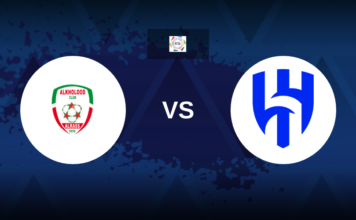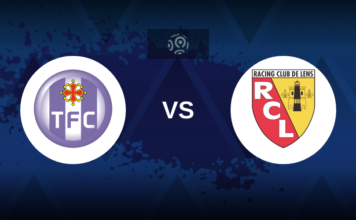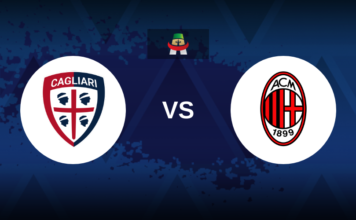From heartbreaking loss to Champions League glory, the journey of a manager who never lost his humanity.
In August 2019, Luis Enrique suffered the unimaginable. His nine-year-old daughter, Xana, passed away after a battle with bone cancer. He stepped down from his role as Spain’s national team coach to be by her side in her final months—and then to grieve in private.
For most people, life would stop there. And for a while, it did.
But what followed was remarkable. Enrique didn’t just return to football—he returned with perspective, purpose, and a quiet strength that’s shaped every team he’s led since. In interviews, he’s spoken with gratitude—not bitterness—about the time he had with his daughter. That kind of mindset is rare in any field, let alone in elite football, where pressure often trumps personal reflection.
Yet that emotional depth has always been part of Enrique’s strength. He’s never just managed footballers. He’s led people.
From Barça B to the Treble
Luis Enrique’s coaching career started humbly with Barcelona B, where he quickly built a reputation for structure, discipline, and modern tactical thinking. In 2014, he got the top job at Camp Nou. Not everyone was convinced. He wasn’t Pep. He wasn’t Cruyff. But he brought something different—fire.
And that fire forged one of the most devastating front lines football has ever seen: Messi, Neymar, and Suárez.
Under Enrique, Barcelona’s 2014–15 side won the treble. They scored 122 goals in La Liga and 31 in the Champions League. His team didn’t just win—they dominated. His style was more direct than Guardiola’s, but no less intelligent. He gave Messi freedom without sacrificing the system. He trusted his stars—and in return, they trusted him.
A New Spain: Young, Fearless, United
After leaving Barcelona, Enrique returned to manage Spain, a team still trying to find its identity post-tiki-taka. The golden generation was fading. A rebuild was needed.
He mixed old heads with fearless new talents like Pedri, Gavi, Dani Olmo and Ferran Torres. Spain didn’t win Euro 2020 or the 2022 World Cup, but they showed real evolution: quick ball movement, relentless pressing, and a boldness rarely seen in modern international football.
Enrique brought unity to the squad, built trust, and wasn’t afraid to make tough calls. He left out big names and backed youth. When challenged by the media, his answer was simple: “I don’t pick names. I pick players.”
🔗 RFEF – Spanish Football Federation
PSG: Building a Team in the Eye of the Storm
In 2023, Luis Enrique took on one of the most chaotic challenges in club football: Paris Saint-Germain.
Messi was gone. Neymar had left. Mbappé was almost out the door. The club had talent, money, and baggage.
Enrique walked into a storm—and started building. From day one, he laid down his philosophy: no more relying on individual magic. PSG would play as a unit, with intensity, structure, and purpose.
Young players like Zaïre-Emery and Vitinha started to shine. The team pressed with intelligence, attacked with balance, and—crucially—looked like a real football side for the first time in years.
Critics said Enrique was trying to turn artists into soldiers. But they missed the bigger picture. At Barcelona, he gave Messi and Neymar room to express themselves. With Spain, he empowered teenagers to shine on the world stage. And at PSG, he simply brought balance. This wasn’t about control for control’s sake. It was about building something lasting.
Beyond the Trophies
Luis Enrique’s PSG didn’t just play well. They conquered Europe—beating Liverpool, Arsenal, Aston Villa, and Manchester City on their way to a stunning 5–0 Champions League final win. It was so dominant the referee ended the game at the 90th minute without a single second of stoppage time.
That’s more than a win. That’s a legacy.
But Enrique’s legacy goes beyond silverware. He’s shown that success doesn’t have to come at the expense of empathy. That you can lead with strength and still stay human. That footballers, first and foremost, are people—and when you understand that, they’ll run through walls for you.
He doesn’t over-coach. He doesn’t overtalk. He believes in his players—and they believe in him right back.
Where Does He Rank?
Is Luis Enrique one of the greatest managers of all time? If you’re judging by trophies, he’s already among the elite. But if you’re judging by impact—on the game, on players, on culture—he might be one of the most important figures football has seen in the last two decades.
He’s proven that leadership doesn’t have to mean ego. That resilience can be quiet. And that even after losing the most precious thing in your life, you can still help others chase their dreams.
That’s more than greatness. That’s legacy.







